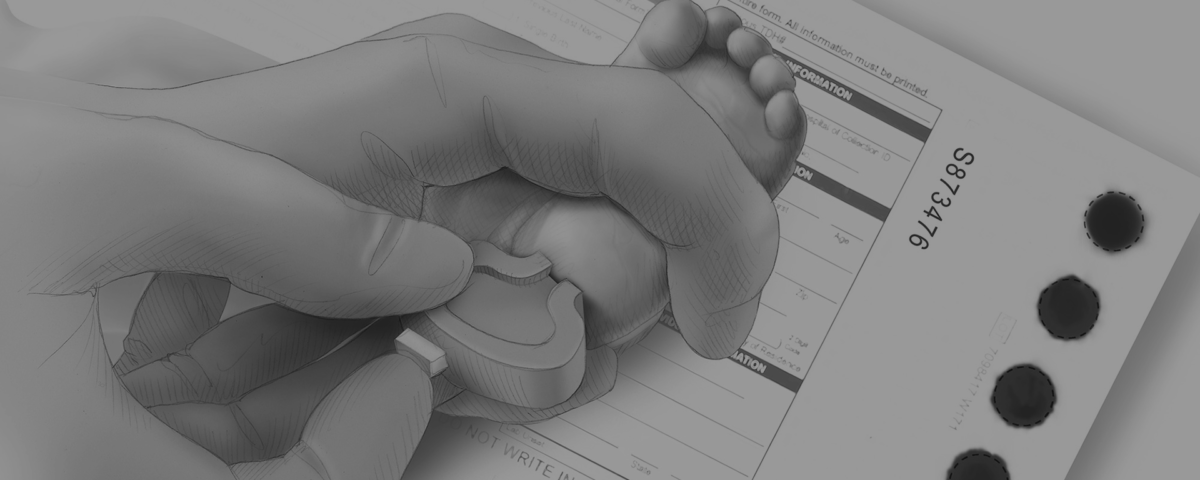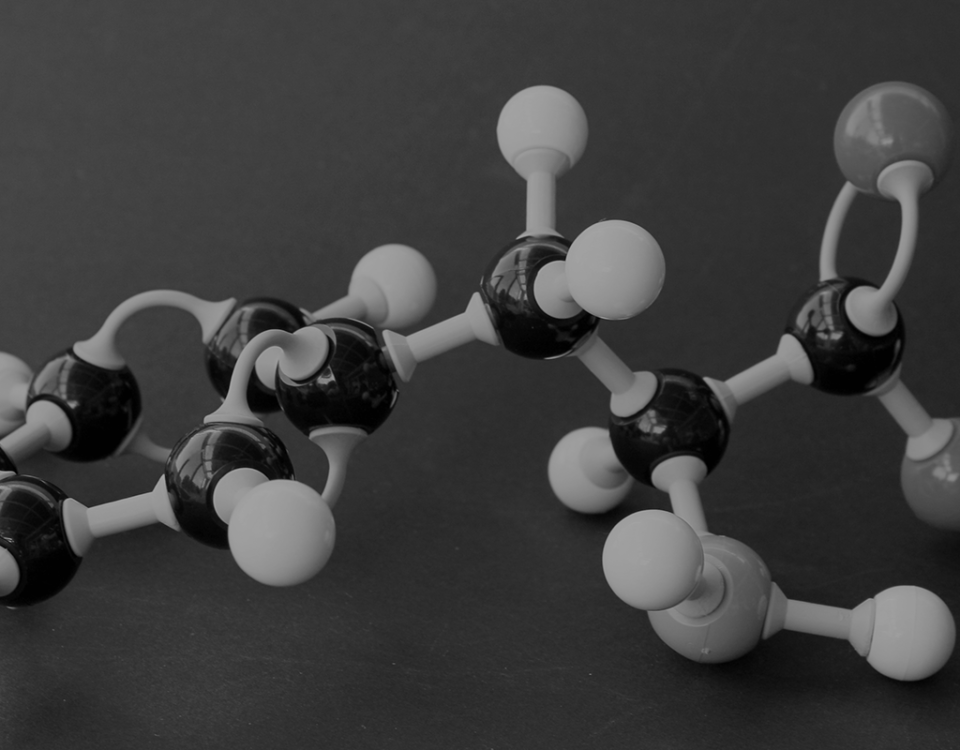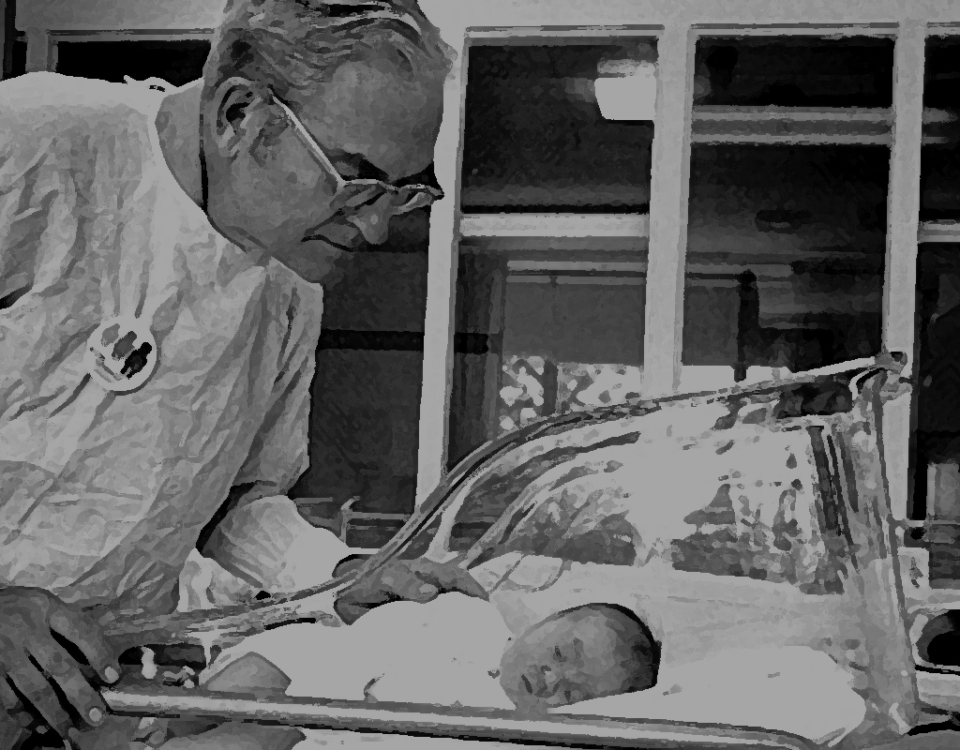Frequently asked questions about newborn screening

سوالات متداول در خصوص غربالگری نوزادان
۱۰ مهر، ۱۴۰۱
تاریخچه غربالگری نوزادان
۸ آبان، ۱۴۰۱What is newborn metabolic screening?
Newborn metabolic screening is a specific test to diagnose congenital disorders in newborns. The goal of screening is to identify infants with metabolic disorders and help them get treated as soon as possible.
How is newborn metabolic screening done?
Newborn metabolic screening is done by taking a few drops of blood from the heel of the baby’s foot and pouring it on a special filter paper. After drying, the filter paper is sent to the laboratory for analysis. The dried blood of newborns on filter paper will be analyzed by the laboratory and babies at higher risk of developing the disease are identified.
How many stages are newborn screening?
Metabolic newborn screening is a one-step procedure that takes a blood sample from the baby’s heels. If it is necessary to repeat the screening test according to the physician’s diagnosis or the laboratory, the parents will be informed.
Does the screening test harm the child?
The sampler uses a small, sterile lancet to take a blood sample from the child’s heel. The only pain the baby may feel is a stinging sensation from sampling, which quickly subsides. Remember that the benefits of newborn screening, such as preventing children from learning disabilities and serious medical problems, far outweigh the pain the child feels.
Does the screening test have side effects?
The only side effect of screening is the risk of infection in the baby’s heel, which is minor. Since the baby’s heel is first cleaned and then a sterile lancet is used to take the sample, the risk of infection will be negligible.
When is the best time for newborn screening?
Newborn screening is done 24 to 48 hours after birth. In some situations, if the blood sample is taken within 24 hours of birth, the newborn screening results will not be valid.
What is the interpretation of the results of the newborn screening test?
A positive newborn screening test result means that the baby may be at higher risk for one or more metabolic disorders. A positive test does not mean that the baby is definitely sick, but additional diagnostic tests should be performed, and if the disease is confirmed, treatment should be started immediately. Depending on the type of disease, the treatment method includes special diets and drugs. If the child’s test result is positive, the baby’s parents will be informed, but it is recommended that the baby’s parents follow up on receiving the test result themselves.
If the follow-up tests are normal, is there a need to do anything?
No, additional tests are not required if the follow-up diagnostic tests are normal, meaning that the initial screening test was a “false positive”.
If the baby seems healthy, is there a need for screening tests?
Most babies with metabolic disorders appear healthy and normal in the newborn period. The purpose of the screening test is to identify babies with metabolic problems and help treat them before the disorder becomes severe. Just because your child looks healthy does not mean he is healthy, and it is vital to follow the doctor’s advice.
No one in my family has a history of metabolic disorders; do I still need to do screening tests?
Yes, most babies identified by newborn metabolic screening do not have a family history of this disorder. Many of them may even have healthy siblings. Having a normal family history does not necessarily mean that the baby is healthy.
Does newborn metabolic screening test for all disorders that may make a child sick?
No, the newborn metabolic screening test only checks for some disorders that can make babies sick. Disorders are examined and tested for in newborn screening are determined by a panel of experts. They choose conditions that can be diagnosed through dried blood spots and for which there is an effective treatment. Unfortunately, some disorders can cause illness in children for which there is currently no cure, or we are unable to detect using current screening technology.
Why is it sometimes necessary to repeat the screening test?
Repeating the screening test allows the laboratory to detect some disorders that may not have been detected in the initial screening. Other reasons that may lead to repeating the newborn screening test are that something was abnormal in the initial screening test and the laboratory wants to recheck some values, or that the first blood sample was not usable due to a problem with the sampling method. In any case, the screening test should be repeated after 7 days.
Do I have to do the newborn metabolic screening test?
Talk to your pediatrician and consult him about this. Make sure you have all the information before making this crucial decision. Note that most infants appear healthy, even if they have a metabolic disorder that causes significant medical harm. These disorders can be identified in newborn screening. You have the choice not to have a newborn screening test, but remember that this important decision will affect the fate of your baby.
What is the cost of newborn metabolic screening in Iran?
Currently, at the time of writing this article in September 2022, the cost of screening newborns to identify more than 50 metabolic disorders using the LC-MS/MS method is 1,516,000 Rials.




